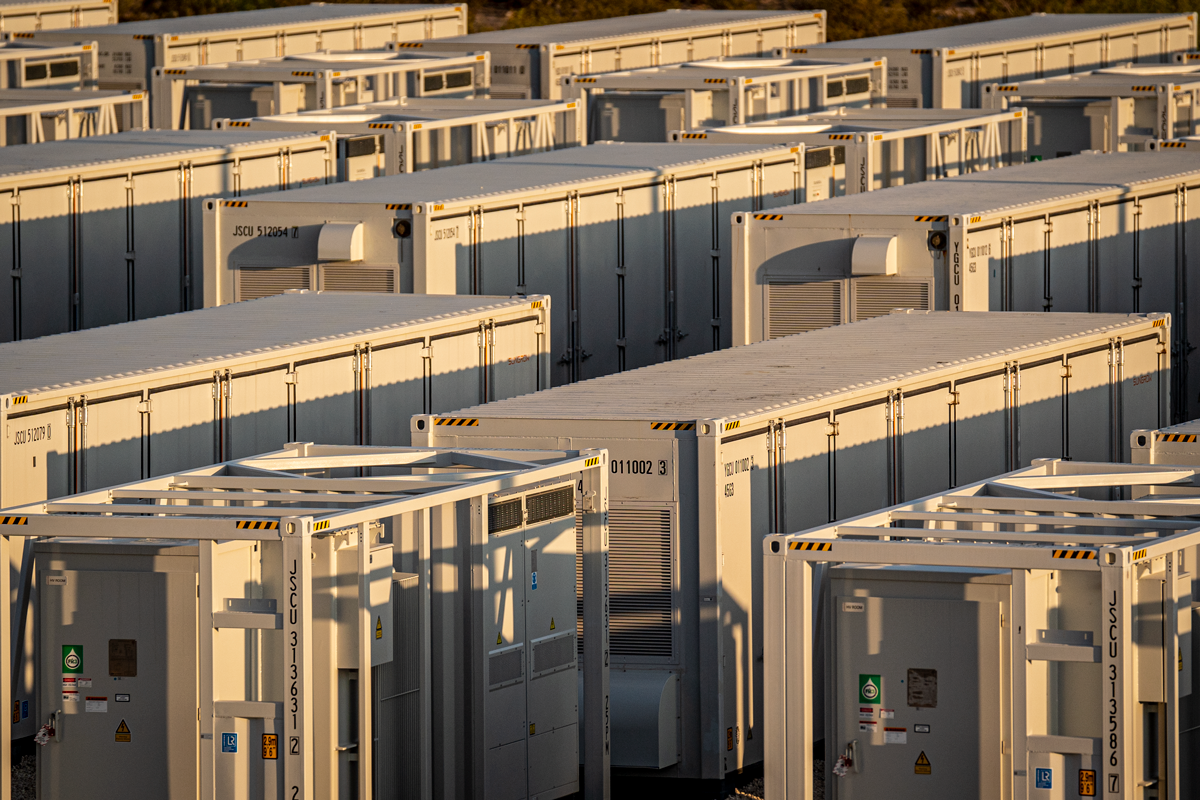Houston is the Low-Carbon, Energy-Abundant Future
Published Jun 06, 2022 by Jane Stricker
Nearly one year ago, the Greater Houston Partnership released a strategy for how Houston can lead the energy transition. In collaboration with 17 energy industry members, the Partnership launched the Houston Energy Transition Initiative (HETI) – aimed at leveraging Houston’s energy leadership to meet growing global demand while also lowering emissions. Since that launch, the global energy landscape has changed dramatically. The world has witnessed Russia’s unprovoked attack on the democratic and sovereign nation of Ukraine, significantly impacting both the availability and cost of energy worldwide and revealing the vulnerability of relying on adversarial nations for global energy needs. At the same time, nations around the world, including the U.S., continue to design and implement policies aimed at accelerating the transition to low-carbon energy solutions. It is against this backdrop that Houston based energy companies continue to demonstrate their commitment to the energy transition.
One year after the Partnership launched HETI, it is time to review Houston’s progress towards its vision for achieving an energy-abundant, low-carbon future, including:
- Houston is a recognized world leader in low-carbon technologies, including CCUS and Hydrogen, while creating an environment to attract and grow companies in all energy value chains. Meeting increased energy demand while reducing emissions requires an all-of-the-above approach, leveraging all energy value chains that can enable ongoing access to affordable, reliable and lower-emissions energy resources. To meet that goal, HETI has established working groups dedicated to technologies and markets where Houston can leverage its expertise, asset base and talent to deliver low-carbon solutions like CCUS and hydrogen. On behalf of HETI, and with input from a broad base of industry members, the Center for Houston’s Future recently published a roadmap for the deployment of clean hydrogen for the Houston/Gulf Coast region.
- Houston is an influential and sought-after voice on the energy transition. Whether it's CERAWeek, World Petroleum Congress, or the Offshore Technology Conference, Houston is where leaders gather to discuss global energy topics. HETI is working with industry to ensure that Houston remains at the epicenter of thought leadership in the energy transition. On June 28-30, HETI will host the Future of Global Energy Conference, a three-day conference that will bring energy industry leaders and stakeholders together to share how the Energy Capital of the World is leading the energy transition.
- Houston is home to a thriving energy transition innovation ecosystem. HETI supports the work of cleantech startup incubators like Greentown Labs, which established a flagship location in Houston just one year ago. The City of Houston set a goal to attract 50 cleantech and climatetech startups within five years. In just one year, Greentown Labs far surpassed that goal, attracting over 60 startups to Houston. In addition, HETI is cultivating the capital investment and structures necessary for Houston-based startups to achieve scale. From 2019 to 2021, growth in new energy venture capital deal volume in Houston has grown four-fold.
- Houston is the destination for and producer of energy transition talent. Houston is known as a can-do city where big problems are solved by applying technical expertise. Between the Texas Medical Center in Houston and the Energy Corridor, Houston is a top destination for energy and STEM-talent. The region’s universities and community colleges are preparing for the next generation of clean energy jobs, and Shell’s most-recent investment in the University of Houston’s Energy Transition Institute is a great example of that energy leadership.
- Our city is seen as leading the energy transition and a model for urban sustainability. HETI leverages the complimentary efforts of the University of Houston, Rice University and the City of Houston’s Climate Action Plan to ensure that Houston is seen as a model for leadership in the energy transition. HETI will convene a broad coalition of industry, government and community stakeholders to ensure that all regional efforts flow in the same direction. HETI has established a working group to support industrial decarbonization in the region and enable Houston to become the world leader and laboratory for decarbonizing high-emitting and hard-to-abate sectors.
- Broad industry alignment on key issues. Working with a broad range of stakeholders, HETI aims to develop a practical agenda for addressing climate equity and environmental justice issues as part of Houston’s energy transition strategy, ensuring all Houstonians can benefit from the energy transition. We also need a regulatory structure that removes uncertainty and enables investment. HETI is committed to helping industry effectively engage local, state and federal governments to advance energy transition priorities, particularly with respect to deployment of critical technologies like CCUS and clean hydrogen.
These goals for achieving an energy-abundant, low-carbon future will guide Houston and the economy through a dynamic global energy landscape. Even with the war in Ukraine and other global market pressures, HETI is the place where Houston responds with a vision of driving sustainable and equitable economic growth for the region through a portfolio of technology, policy and market solutions that create value from the world’s transition to low-carbon energy systems. Success will be measured by more than just emissions reduction. It will be measured by the region’s ability to drive our economy, create new jobs, and improve the quality of life for all Houstonians.
We encourage the energy industry and committed stakeholders to learn more about HETI and join us as Houston leads the transition to a more abundant, low-carbon energy future.
 The Houston Report
The Houston Report



















